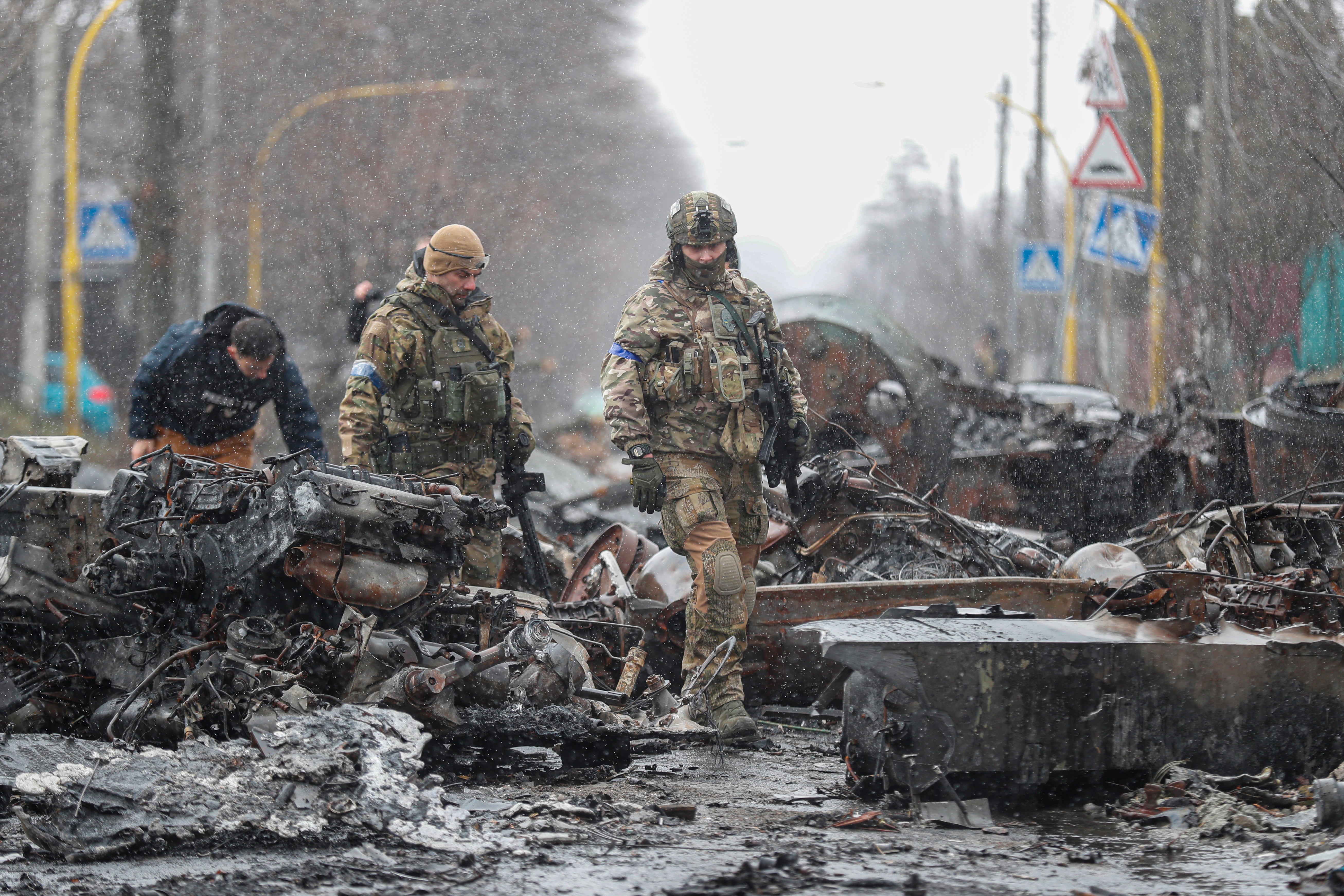Twitter to stop amplifying Russian government accounts along with other major changes
Russia has throttled access to Twitter – though site says changes are in response to internet crackdowns generally

Your support helps us to tell the story
From reproductive rights to climate change to Big Tech, The Independent is on the ground when the story is developing. Whether it's investigating the financials of Elon Musk's pro-Trump PAC or producing our latest documentary, 'The A Word', which shines a light on the American women fighting for reproductive rights, we know how important it is to parse out the facts from the messaging.
At such a critical moment in US history, we need reporters on the ground. Your donation allows us to keep sending journalists to speak to both sides of the story.
The Independent is trusted by Americans across the entire political spectrum. And unlike many other quality news outlets, we choose not to lock Americans out of our reporting and analysis with paywalls. We believe quality journalism should be available to everyone, paid for by those who can afford it.
Your support makes all the difference.Russia will stop recommending and amplifying Russian government accounts, in response to the country’s crackdown on the internet.
It is one part of a broader rule change that is intended to punish states that limit access to the open internet as well as taking part in armed conflict.
Twitter has been throttled in Russia since the early days of its invasion of Ukraine, though the site said the changes were in response to its restrictions on the internet more generally rather than specifically of Twitter.
The social media company also said it would now require the removal of posts depicting prisoners of war posted by government or state-affiliated media accounts. Ukraine’s government has posted content featuring prisoners of war on social media in recent weeks.
Russia has battled big tech companies to control information flows after it invaded Ukraine on Feb. 24. The Kremlin calls its actions in Ukraine a “special military operation.” Moscow has throttled access to Twitter by slowing its service and has banned Meta’s Facebook and Instagram.
“When a government blocks or limits access to online services within their state, undercutting the public’s voice and ability to freely access information, but continues to use online services for their own communications, a severe information imbalance is created,” Twitter said in a blog post.
The company said its new measure of not amplifying the accounts would apply whether Twitter itself was blocked or not and that it would first apply the policy to Russian government accounts.
It said under the new rule it would not amplify or recommend Russian government or state affiliated media accounts, including on users’ Home timeline, or the search or explore functions. A spokesperson said this would affect more than 300 Russian government accounts.
The company also said it would require government or state affiliated media accounts to remove any media published that features prisoners of war. It said in cases where there was a “compelling public interest” in accessing the content, such as for evidentiary purposes, it would instead add a warning to the tweets.
During the conflict, Ukrainian government social media accounts have posted videos appearing to feature Russian prisoners of war answering questions or making phone calls home. Asked about these posts on a call with reporters, Twitter‘s head of site integrity Yoel Roth said such tweets would be covered by the scope of the new rules but the policy would not be applied retroactively.
“We don’t want Twitter to be used by state actors to infringe on international humanitarian law and, to the best of our ability, we want to disincentivize governments from engaging in this type of behavior,” said Roth, citing the Geneva Convention, which protects prisoners of war against abuses including insults and public curiosity.
Twitter also said it would require the removal of tweets posted by any user with prisoner of war content shared with abusive intent.
Additional reporting by Reuters
Join our commenting forum
Join thought-provoking conversations, follow other Independent readers and see their replies
Comments